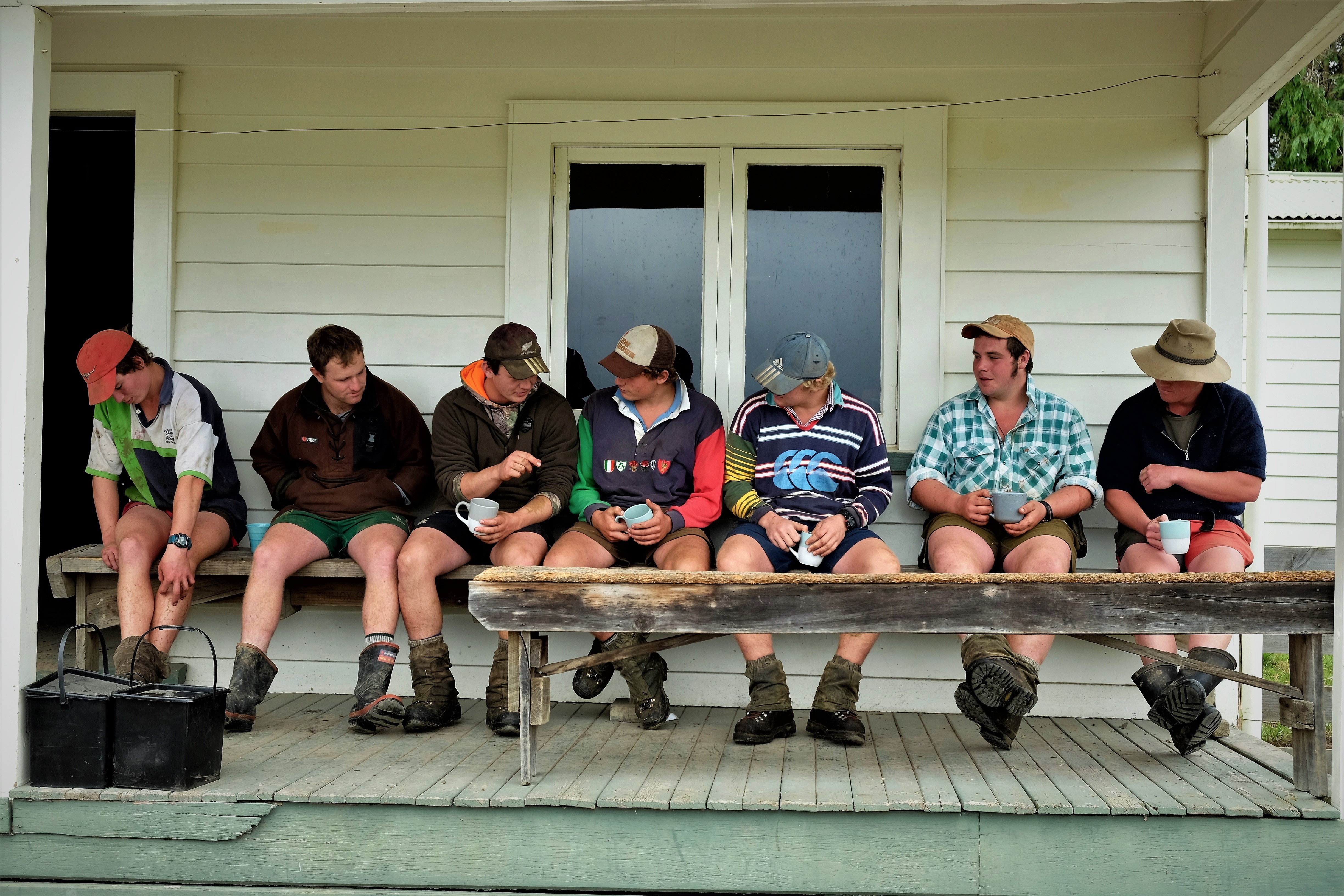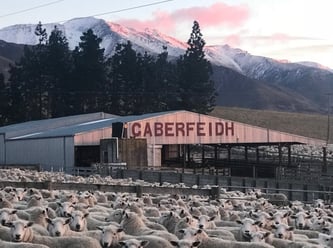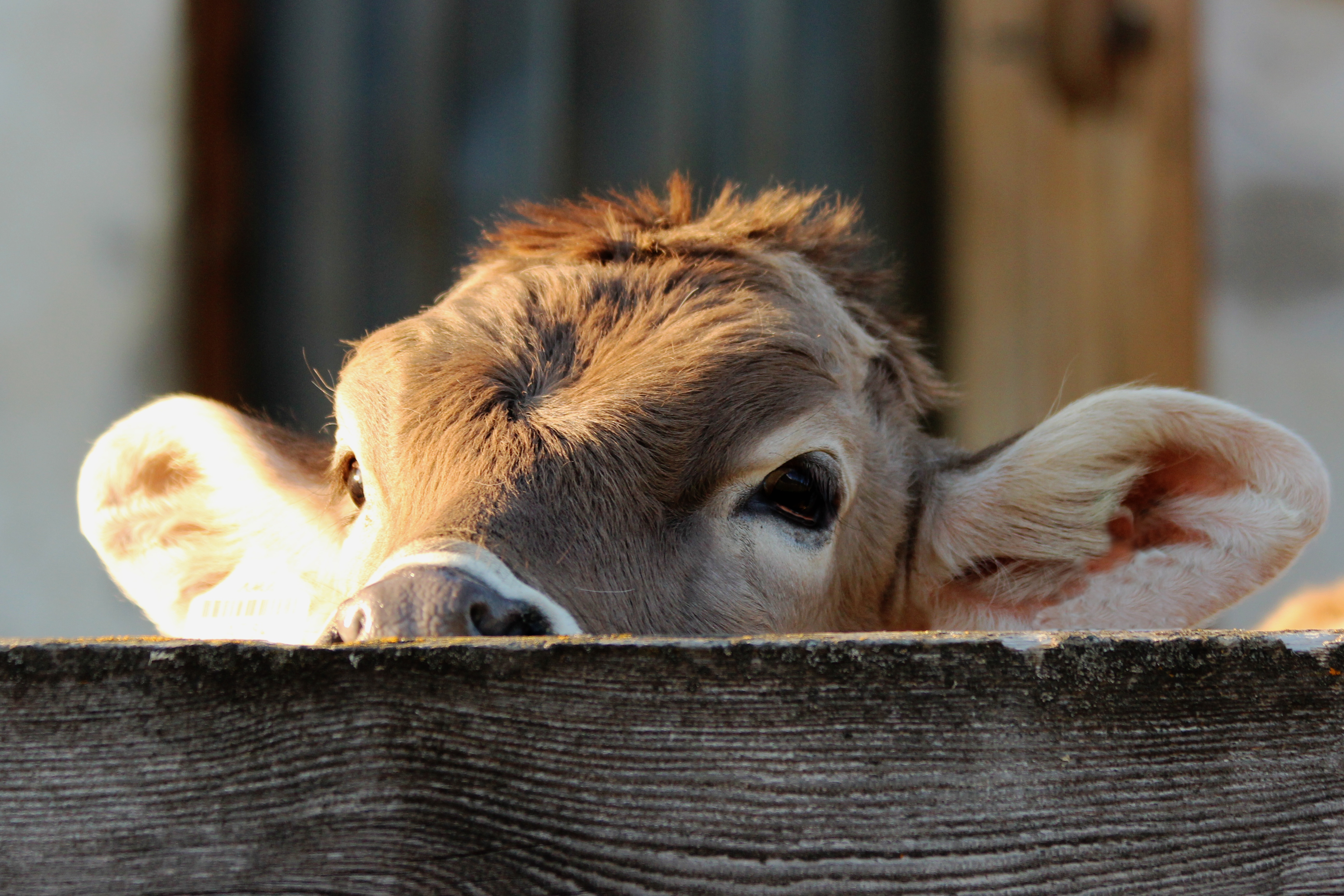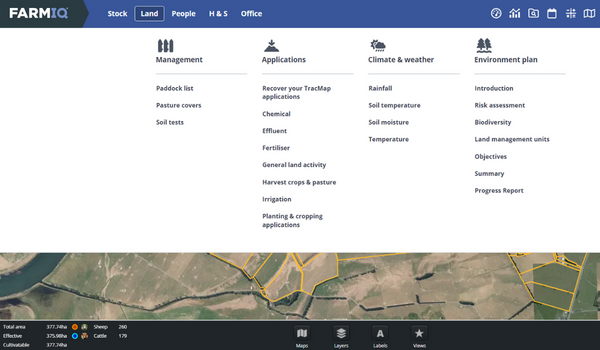
Caberfeidh currently employs 13 full-time staff, managed by Hamish Murray, with his assistant manager Carey Pawson Edwards. From a staffing point of view, the scale of Caberfeidh requires a higher level of mob and tally management, and every staff member must know exactly where any stock class is at any given time. FarmIQ helps with this by providing all the information staff need to carry out their daily tasks. 'Tallies are often checked when shifting mobs, and knowing what should be there is a great reference,' says Hamish. The mobs are set up and used in a straightforward way for staff to use, meaning they and the business are getting value from the system.
One of the nuances of working within Lone Star Farms is that there is a goal to supply more than 70% of all produce into the 'high-end' markets, including Lumina Lamb, Handpicked Beef through the Alliance Group, and Wagyu beef with Firstlight Foods Limited. Caberfeidh plays a pivotal role in making this a reality by utilising FarmIQ to easily track where each 'group' is in terms of liveweight, market options, etc. Caberfeidh has a diverse range of stock classes on farm, with many animals within the same livestock class requiring individual identification, which can appear complex, but according to Hamish, can be managed comfortably using FarmIQ.
In 2018, Caberfeidh contracted Mycoplasma Bovis through some purchased cattle, and it is where FarmIQ proved invaluable. By recording mob shifts on FarmIQ, Caberfeidh could show evidence to MPI that infected cattle were at no point neighbouring non-infected cattle. The result was that less than half of the total farm needed to be depopulated, saving the majority of their capital stock and a lot of heartaches.
The implication of getting sale, purchase and grazing decisions wrong through missing sale dates or market specifications can quickly turn into very costly mistakes. FarmIQ has been worked into Caberfeidh to help mitigate these risks and keep everyone on the same page.



